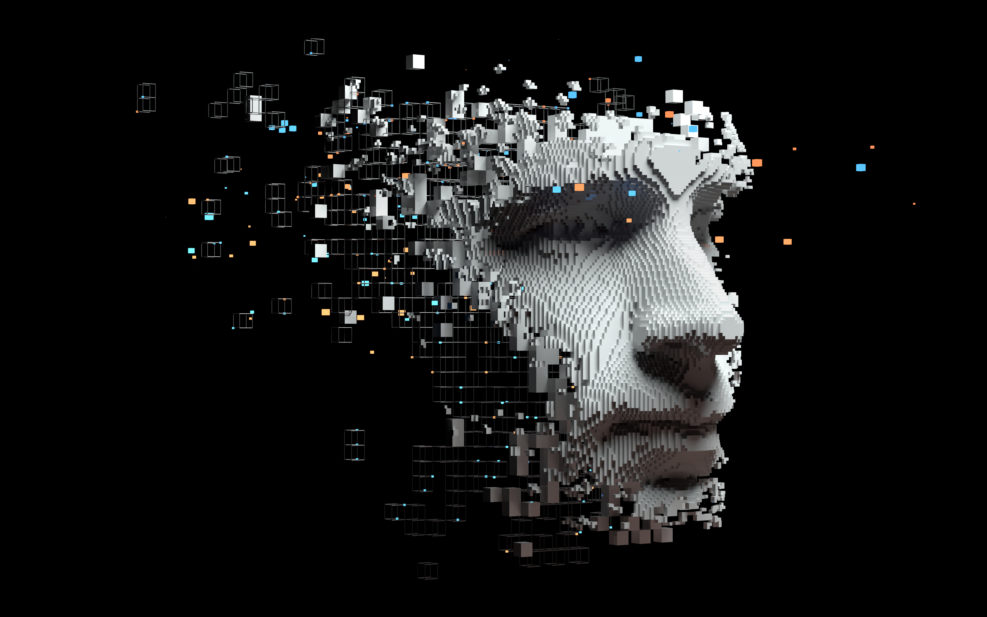
Andrew McDiarmid and Eric Metaxas on Thinking for Ourselves
Social media makes it very easy to farm out thinking until finally we do not know what or even whether we thinkRecently, Andrew McDiarmid wrote a piece in the New York Post on the neglected benefits of sitting quietly and thinking for oneself: … a recent study reported in the Journal of Experimental Psychology suggests that the act of “just thinking” can be more rewarding than we might realize. The authors of the paper acknowledge that the ability to engage in internal thoughts without external stimulation is a unique characteristic in humans, yet we regularly underappreciate the benefits of doing it. This might be one reason we’re so quick to reach for our phones — we don’t know what we’re missing. Andrew McDiarmid, “If you make one resolution in 2023, it should be this: experts” at New York Post (December 31, Read More ›


















